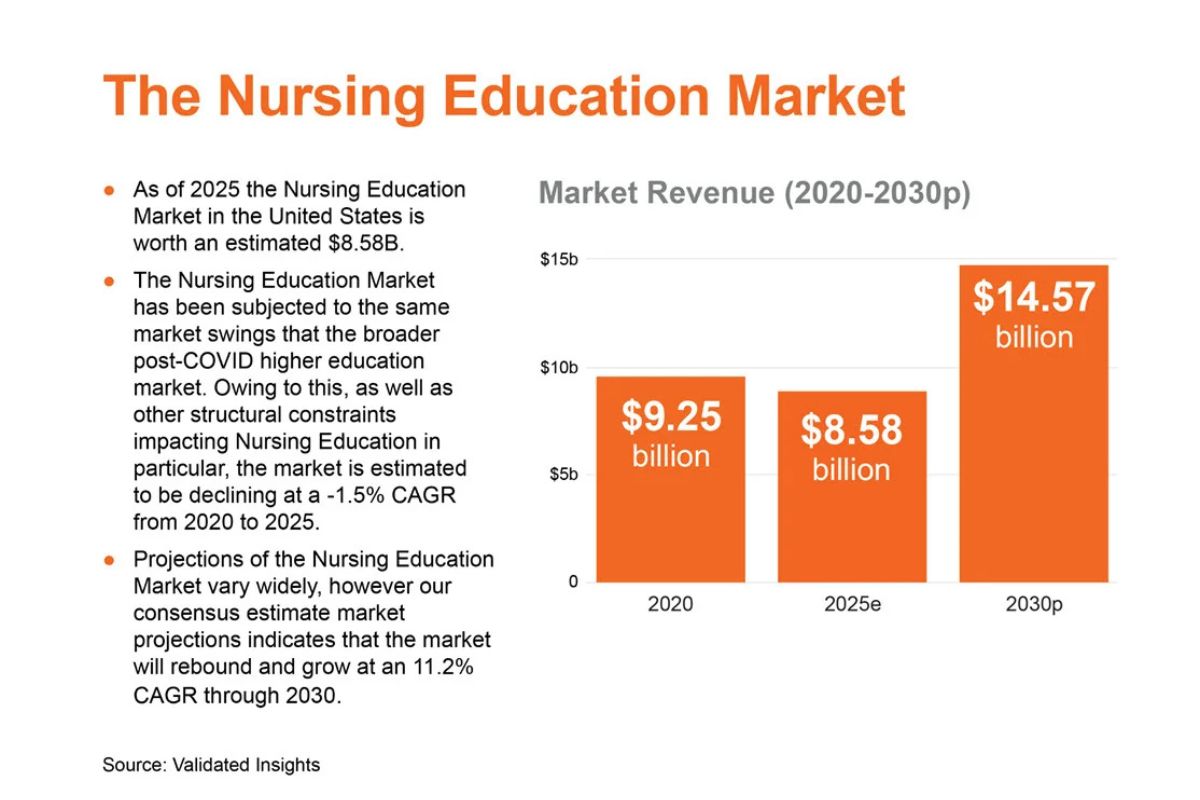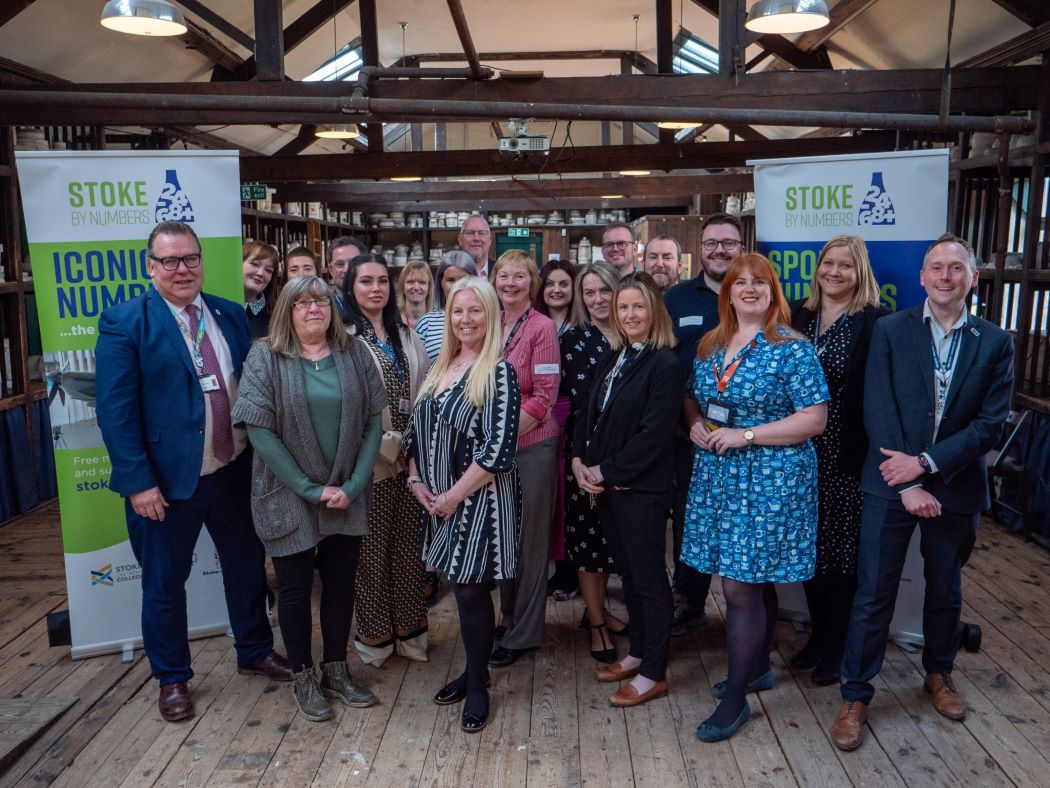Mental Health Awareness Week: The FE sector has shown enormous resilience – but we must look after our staff and learners too

This year’s Mental Health Awareness Week – promoted by the Mental Health Foundation – comes at a time when the world is getting back to some kind of normality following the Covid-19 pandemic. I am immensely proud of the way our sector reacted to the challenges this brought. Virtually overnight, training providers were adapting and digitising provision, to try and keep learners supported, motivated and able to stay on programme. However, this has clearly come at a wellbeing cost – the pressure that learners and providers have been under should not be underestimated.
The world was turned upside down in the first few months of 2020 as Covid-19 case numbers started to rise. People lost loved ones and, in order to stop the spread of disease, we all had to take significant precautions including periods of isolation away from friends and colleagues. Our working practices changed immediately in March 2020 and then we had to adapt to ever changing government guidelines and legislation as the pandemic continued into 2021.
The resilience of the sector over the last two years has been something to behold, but one of the lasting legacies of Covid will be the impact it has had on people’s mental health. Last month, the Department for Education (DfE) published research on the experiences of learners throughout the pandemic. We have seen many issues impact the sector including lower attendance, lower levels of motivation, gaps in support for learners and frustrating delays to assessments. Yet despite these disruptions faced by learners, the report’s conclusions found that satisfaction with teaching, training and support was high. However, the report also found that health and wellbeing issues were being highlighted by learners and apprentices – something that Ofsted has found as well in its recent Education Recovery Spring 2022 publication. This follows on from their annual report for 2020/21 which was clear in its view that the further education and skills sector was hit hard. Significant numbers of apprentices were furloughed or placed at risk of redundancy and too many learners ended up being referred to local mental health, safeguarding or early help teams.
Even before the pandemic, around 1 in 7 people experienced mental health problems in the workplace yet nearly half of all organisations still lack a formal strategy or approach to mental health and wellbeing. Given how much of our lives we spend working, and the impact the pandemic has had, we were keen to ensure we supported the sector in a practical manner. This is why we set up our mental health package – a set of themed events and resources, aimed at sharing knowledge and best practice of supporting learners, training providers and employers with their mental health needs.
Interestingly, this year’s theme for Mental Health Awareness Week is loneliness. We might have an idea of loneliness only affecting older people, but scratch the surface and we see that loneliness affects people of all ages including those in work. One of my concerns around more working from home is how that reduces people’s social interactions with each other and whether that can lead to loneliness too. I do feel that the reintroduction of our own in-person conferences and events has helped. We’ve seen first-hand how much people have enjoyed each other’s company and the invaluable networking that takes place at our events. Not all of us are the same though and there’s no one cause or solution to either loneliness or mental health issues more widely.
It is clear that, as we come out of the pandemic, we will all need to consider how best to manage our mental health needs. The Mental Health Foundation have some excellent resources on how to look after your mental health which are available on their website. So although our sector showed enormous resilience during the pandemic, we must look after ourselves as we return to normality.
Jane Hickie, AELP Chief Executive










Responses